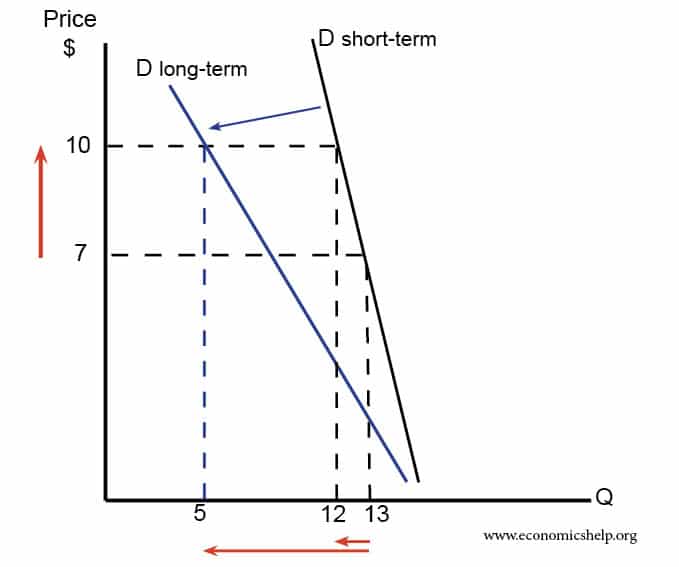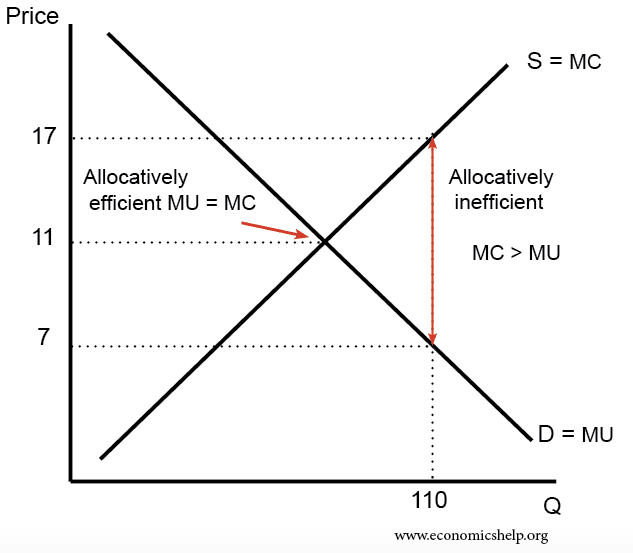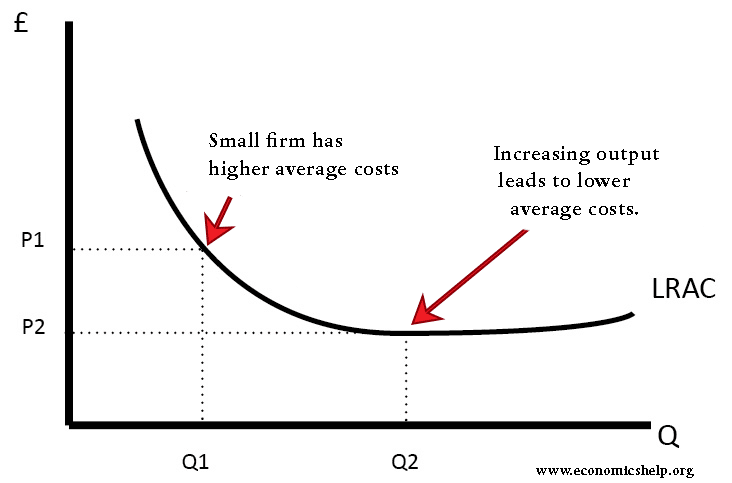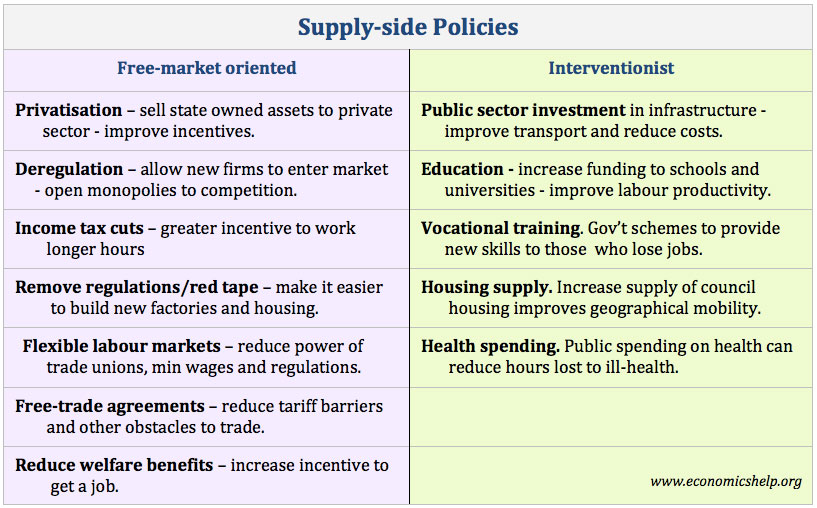Barriers to Entry
Barriers to entry are factors that prevent or make it difficult for new firms to enter a market. The existence of barriers to entry make the market less contestable and less competitive. The greater the barriers to entry which exist, the less competitive the market will be. Barriers to entry are an essential aspect of …




